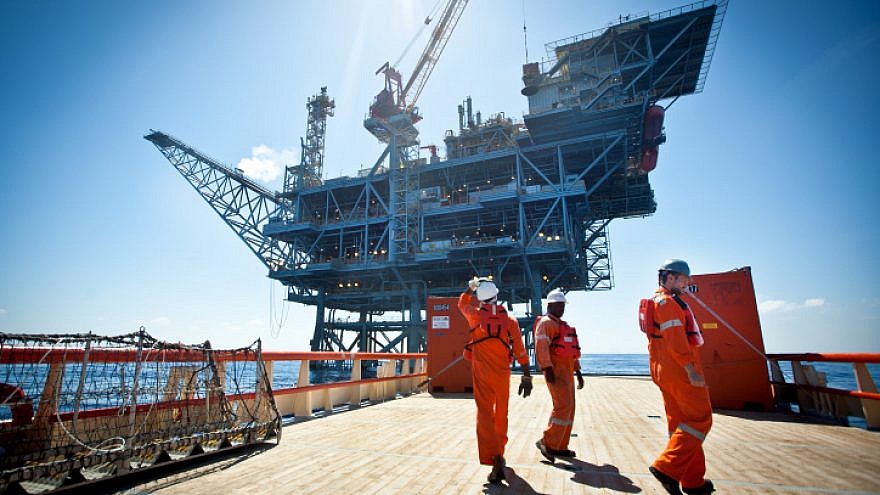After a cacophony of protest has arisen from citizens’ groups, environmental NGOs, local authorities and environmental professors, Israel’s State Comptroller will investigate a project getting underway to locate the processing platform for Israel’s largest natural-gas field to a location just 6.2 miles from shore.
Opponents argue that a processing plant so close to Israeli soil could pose a threat to public health and the environment.
The Times of Israel reported that the Haifa District Court recently heard arguments from protesters who oppose a permit they say the government issued to pipe toxic gas by-products such as benzene, arsenic, heavy metals, mercury and lead on land in a condensate, despite its failure to meet environmental conditions set by the court. Most natural-gas fields perform processing work on large floating vessels out at sea near the gas fields.
Two smaller gas fields—Karish and Tanin—process gas 46 miles out at sea to reduce environmental impacts.
Spokesman for Leviathan said the valuable field needed to be located closer to shore due to its massive size in order to adequately defend it from attacks inside Israel’s territorial waters.
Israel’s exclusive economic zone extends 230 miles from the coast.
Former Defense Minister Moshe Ya’alon reportedly told protesters that a floating-processor vessel had a defense advantage in that it could be defended along with the entire gas field by a fleet of warships. The article claimed that senior defense officials were not aware that the processor vessel would not be the method used.
Though protesters succeeded in having the Tamar natural-gas platform situated 14 miles off shore, data for 2016 published by the Environmental Protection Ministry in November 2017 showed that emissions from Tamar were equal to the total emissions of 570 large industrial plants in Israel, combined with some emissions 30 times higher than field owner Noble Energy had originally predicted in its mandatory environmental impact assessment. The environmental industry has demanded that Noble design an emissions reduction program in order to renew its license for 2018.
Lawyers for the protesters have asked the court to temporarily delay a permit for Noble Energy’s pipeline to bring condensate on land until the company provides an emergency plan for leakage to the environmental ministry.
Spokesmen for Leviathan said the new platform would provide environmental protection through advanced technology. Moreover, when Leviathan begins to operate, four Israeli coal-powered electric plants in Hadera will be shuttered, reducing air pollution.
Noble Energy argued that procedures will be laid in place to treat the condensate gas at a steady pace, and that working close to shore with a pipeline will be safer in terms of potential spills.


























